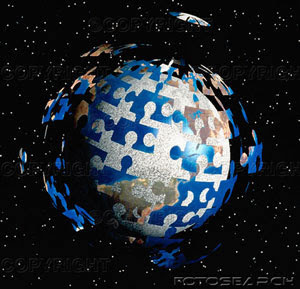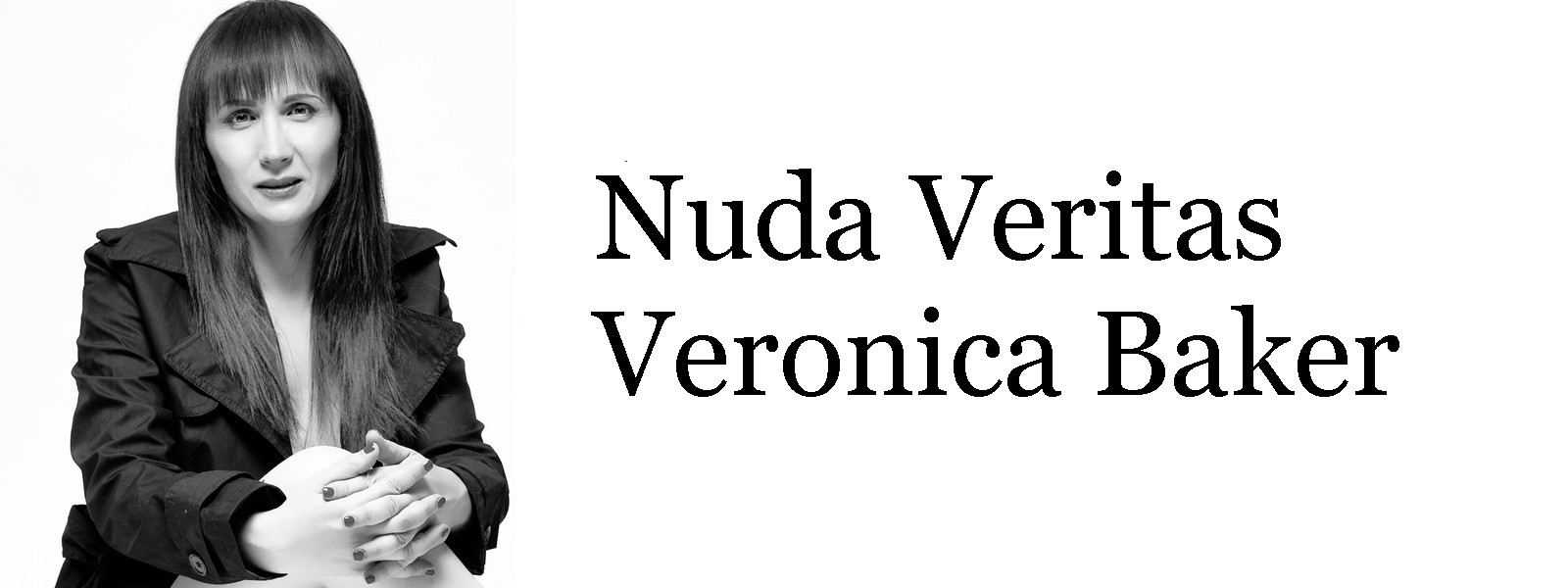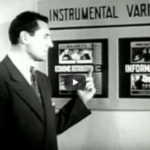December 21, 2024 EcoAnemia, Great Reset
Si vis pacem para bellum.
“Vegetius – Epitoma Rei Militaris, Book III, Prologue”
Si vis pacem para bellum. The end could only be one

A few months ago, I learned that after nearly 40 years of honorable service, the firm my father founded (and in which he had not been a partner for more than a decade) had gone bankrupt.
The news did not come as a surprise.
It had been in crisis for several years, and the sector in which it operated (industrial automation) in Italy was in a comatose state.
The final blow knocked them down for good.
Its business model had never changed over the years.
Moreover, the technical knowledge of the founding partners, who gradually withdrew from the company’s life by retiring due to age or serious health reasons, was not passed on to the new successor partners: mere salesmen (when things were going well), without art or role, thinking only of immediate profit.
The end could only be one.
Visionary ?
No, simply realistic.
March 25, 2013
A few years ago, hardly anyone noticed what was happening behind the scenes.
On the contrary, I personally felt that things were about to change dramatically.
From the beginning of my career, for reasons of prudence and mostly based on knowledge that turned out to be correct, I always assumed that I would never receive a pension.
In this way, I would always avoid pinning vain hopes on something extremely uncertain.
Or hoping for the benevolence of some government.
Faced with the necessity of being “on the market” for the rest of my life, I had to think deeply about the possible future scenarios of our society.
I organized myself to face a situation that would be profoundly different from what we have known so far.
This attitude saved me, at least for now.
Almost everyone I know, on the other hand, is suffering greatly from the current crisis.
A Fundamental Mistake
Often, their lives slide inexorably toward professional and personal bankruptcy.
The main reason for this vertical fall is the belief that the current economic crisis is solely due to financial problems and that sooner or later things will return to the way they were.
In reality, the financial problem is only one aspect of this crisis.
It is simply the most macroscopic and the most easily perceived.
The inability to go beyond the surface prevents us from understanding that this crisis is the product of a convergence of different factors that have led to profound changes in lifestyles, consumption and priorities.
Even if the financial crisis is resolved, these changes will be irreversible.
We will find ourselves in a different world from the one in which we have lived and, at times, thrived.
Thirty years ago, information technology had not yet entered the lives of ordinary people, globalization was still a distant idea, and robotics was taking its first steps.
In addition, the population was younger, with fewer retirees and more workers, and energy costs were significantly lower.
The whole society was structured according to the paradigms of industrial capitalism.
Things, it seems trite to say, have changed profoundly.
However, the structure of society has only partially adapted to these changes.
As a result, there has been a mismatch between the real world and popular culture.
This mismatch has created tensions that, catalyzed by the ongoing financial crisis, have caused the “collapse” of the system.
When a system breaks down, new equilibria emerge.
Understanding these new equilibria is the key to successfully managing the future.
Innovation, Renewal and Personalization

Whenever I hear someone complaining about a slump in sales, I always ask them a simple question.
“How has your business changed over the past few years ?”
I often hear back that nothing has changed, that they have not innovated or restructured.
Even if people started to consume again, they would be cut off from the increase in consumption.
His company is no longer responding to the needs of a market that is very different from the one that exists in his head.
About five years ago, when I talked about this in my blog, I already pointed out these changes that would take place in the following years.
All my interviewees agreed with me.
But I think they did it more out of politeness than anything else.
They thought I was crazy, a visionary or, at best, an iconoclast.
Time, on the other hand, has proven me absolutely right about everything I have been saying ever since.
Yet even in the face of the evidence, people continue to talk in generalities about the crisis, blaming politicians, banks, the economic downturn.
Intellectual laziness combined with unwarranted presumption condemns them to failure.
At the time, I argued that the industry would offer such a variety of products at every price point that it would no longer justify the presence of, say, a traditional artisan.
The craftsman would have to change his approach.
No longer a commodity, but a personal service.
If, on the other hand, it concentrated solely on production, it would be wiped out by industry in a short time.
A war between artisans and industry based solely on product would obviously be unequal, given the disparity of forces on the field.
Many would retort, convinced that their product was better than the industrial one, and that quality would pay off.
But industry offers excellent products as well as mediocre ones.
Others insisted that, unlike industry, they could make the products in the sizes the customer wanted.
However, industry can also provide custom-made products thanks to numerically controlled machines.
It was obvious that they were completely out of touch with reality.
Moreover, I kept insisting that they should prepare for the coming and inevitable battle.
But none of them made intelligent decisions without which they would have no future.
These were not investments that would have involved plants, fixed assets, or machinery.
That would have required financial resources that were not always available.
Rather, they were investments that were primarily intangible in nature.
Investment in oneself, in acquiring the knowledge that would enable one to provide the services required by the new market.
According to my thesis, in order to achieve results, it was necessary to change the mindset, to understand that the mere supply of a product had to be replaced by the provision of a personalized service.
It was necessary to occupy those small market niches that the Chinese industry or competitors could not satisfy.
How Image Matters
The crisis is here and it is devastating.
But the vast majority of people are paying the price for their own blindness, lack of innovation and completely wrong investments.
To give you an idea, a plasma TV can be bought for $300 and lasts 5 years.
At the same time, a subscription to Sky costs $3,000 in 5 years.
Basically, the content costs 10 times more than the container.
The same thing happens on a PC.
A single program (especially a customized one) costs more than the PC on which it will run.
Moreover, and it is important to remember this, this is the age of lightness, of the immaterial, of just-in-time, of image, of atmosphere, of emptiness, of appearance.
Therefore, those who hope to sell only quality products or services, even with knowledge superior to that of the competition, completely miss the target audience and are inexorably doomed to failure.
Today, what you need to know is different.
Emotions, dreams, crazy moments, unique moments.
This requires a completely different approach than in the past.
Obviously, this requires a radical change in professional strategies.
True Capital
Right now, it consists of three elements.
Knowledge, relationships and liquidity.
Knowledge is obviously critical.
It is necessary to know how to do things better than others, to know processes, materials and markets.

Relationships based on trust and reliability make it possible to attract new clients.
On the other hand, liquidity, which is terribly scarce today, and which is not primarily in the hands of governments or banks, but of large private industrial groups, gives us the security without which it is difficult to work independently and, above all, allows us to reject what we do not like.
If you have liquidity and knowledge, you can do anything.
If you have relationships and knowledge, you have a market.
In addition, the lack of a heavy corporate structure drastically reduces fixed costs.
This means that when labor is scarce, income goes down.
But you would still not be at a loss.
Finally, I would like to warn all those who feel the crisis very strongly to take a long vacation.
I would advise them to take time to think.
They should ask themselves whether their business has a future beyond the crisis.
Or whether the decline in consumption has simply exacerbated problems that would have arisen anyway.














